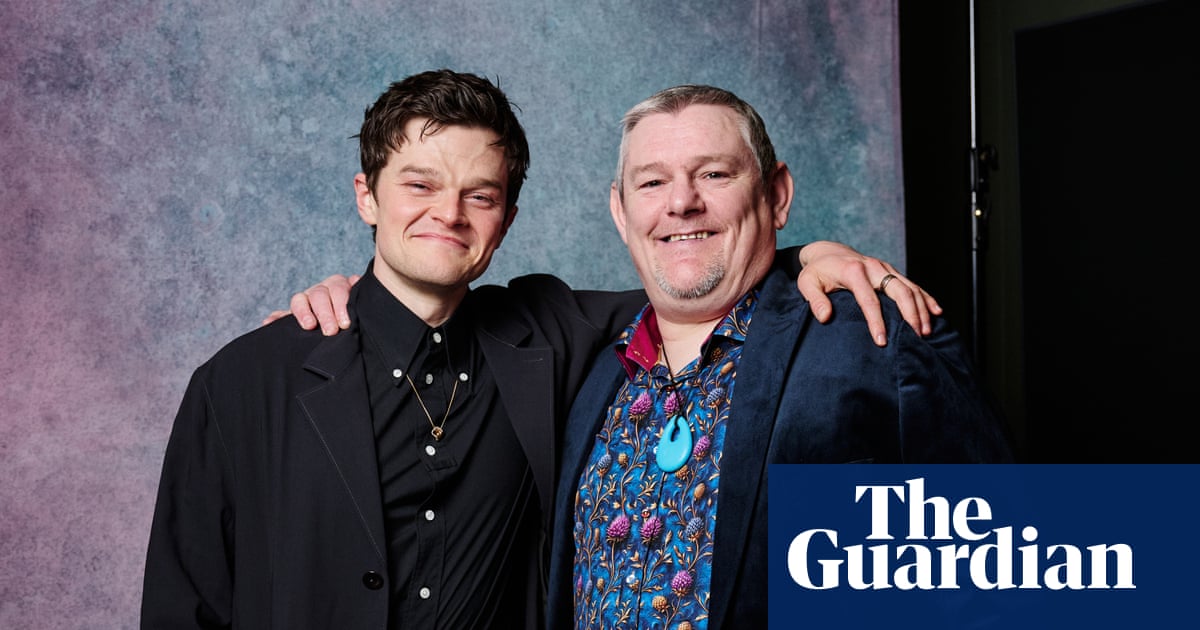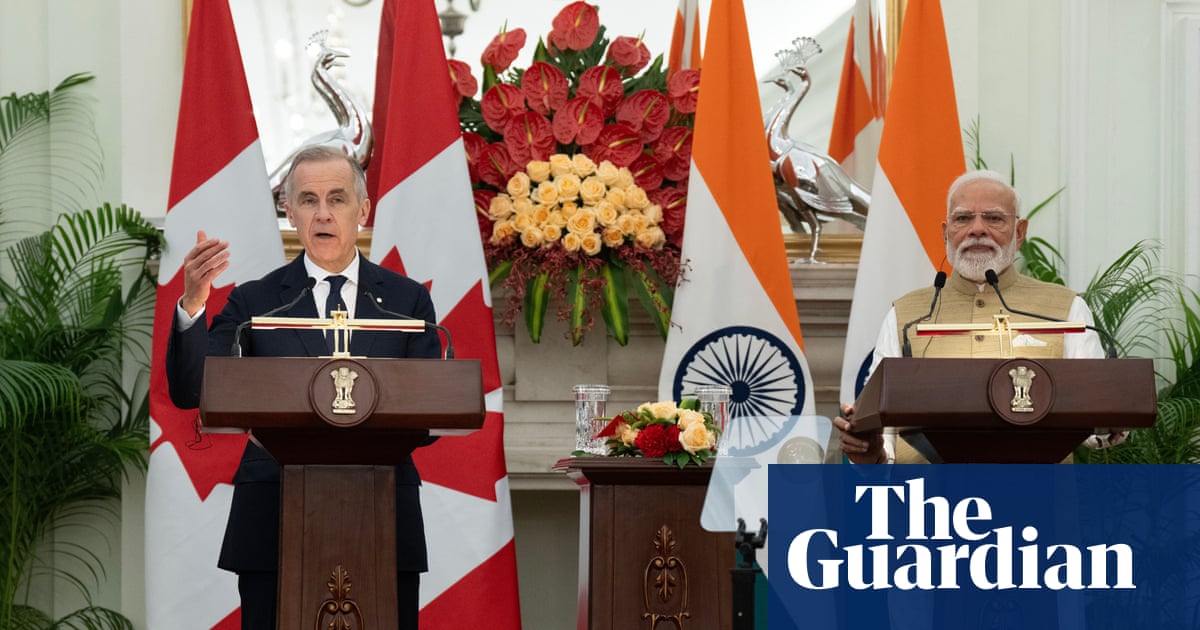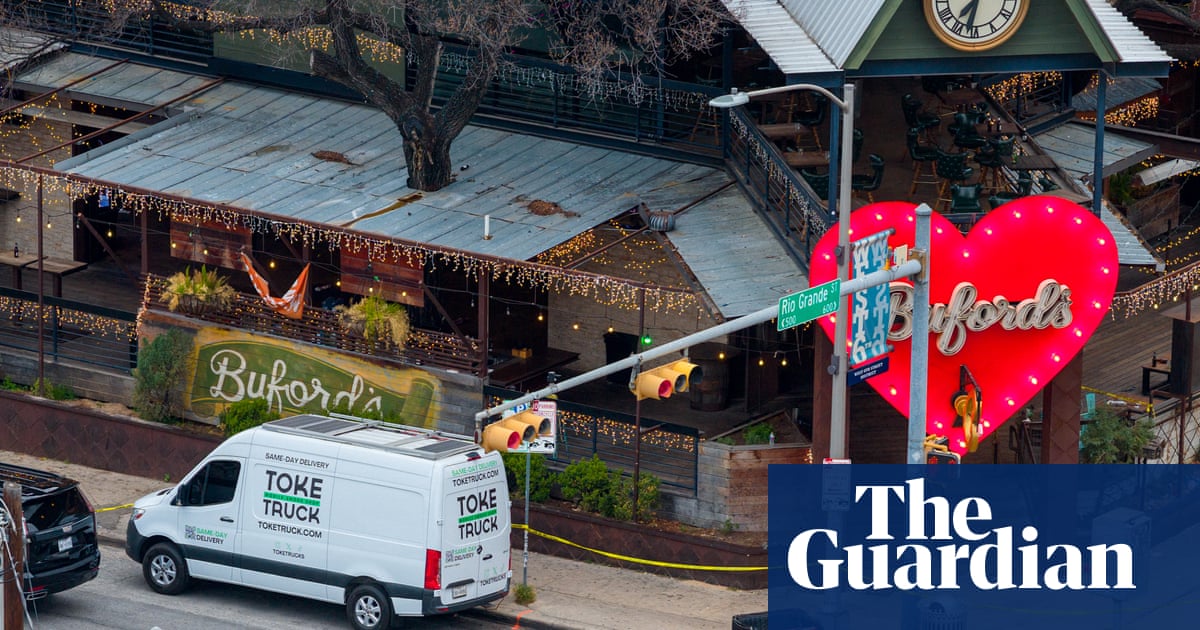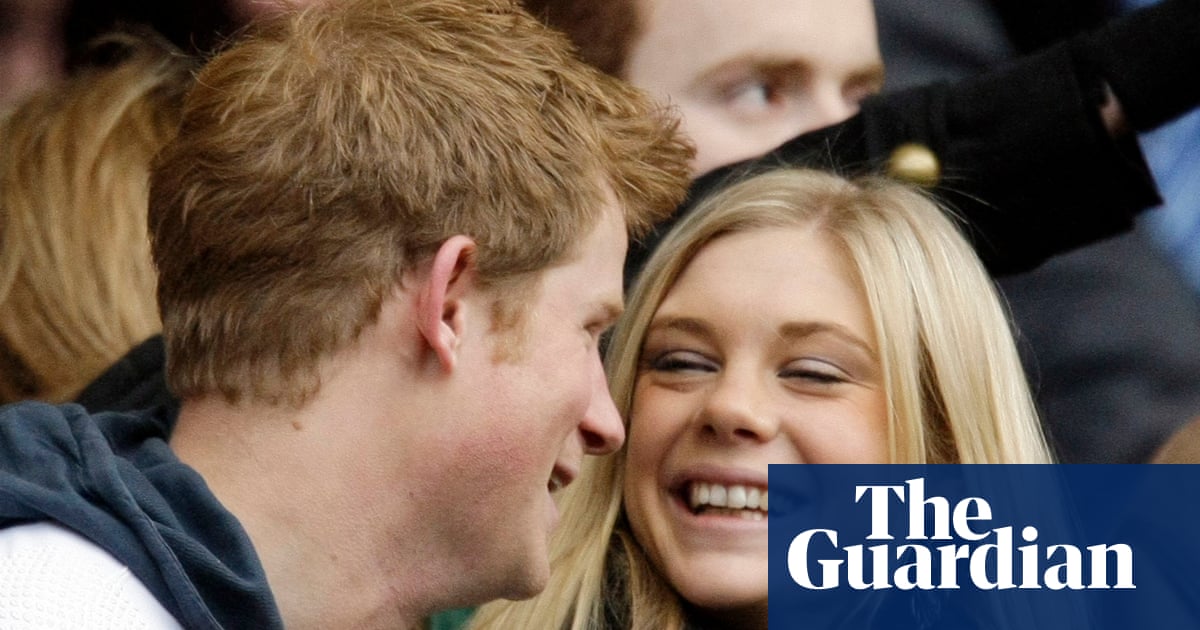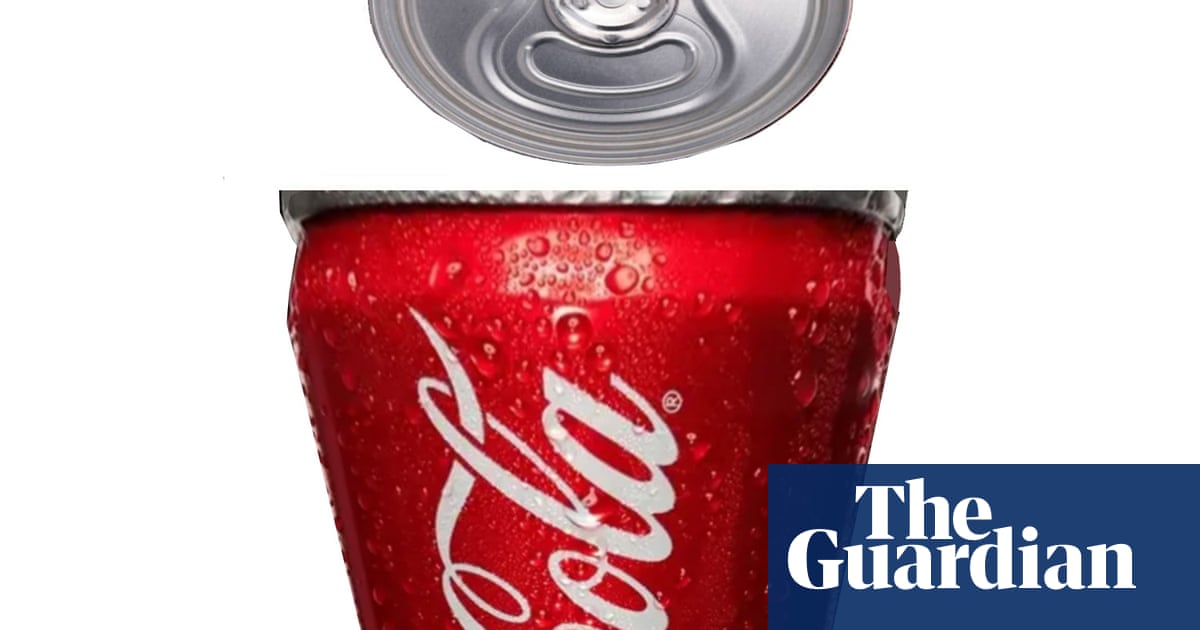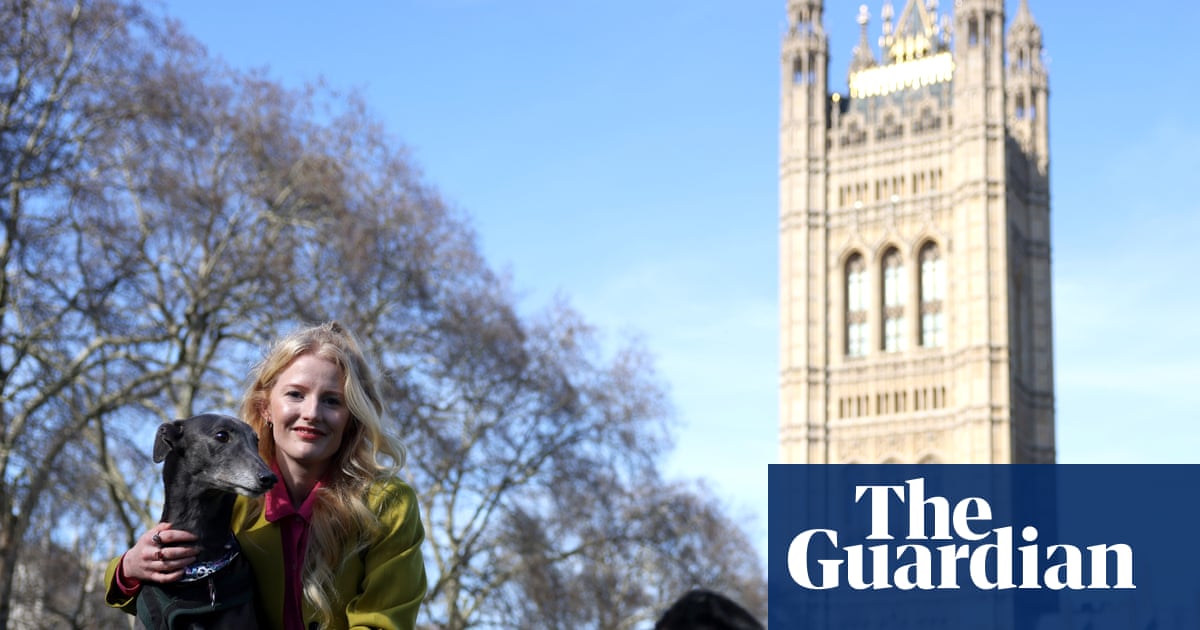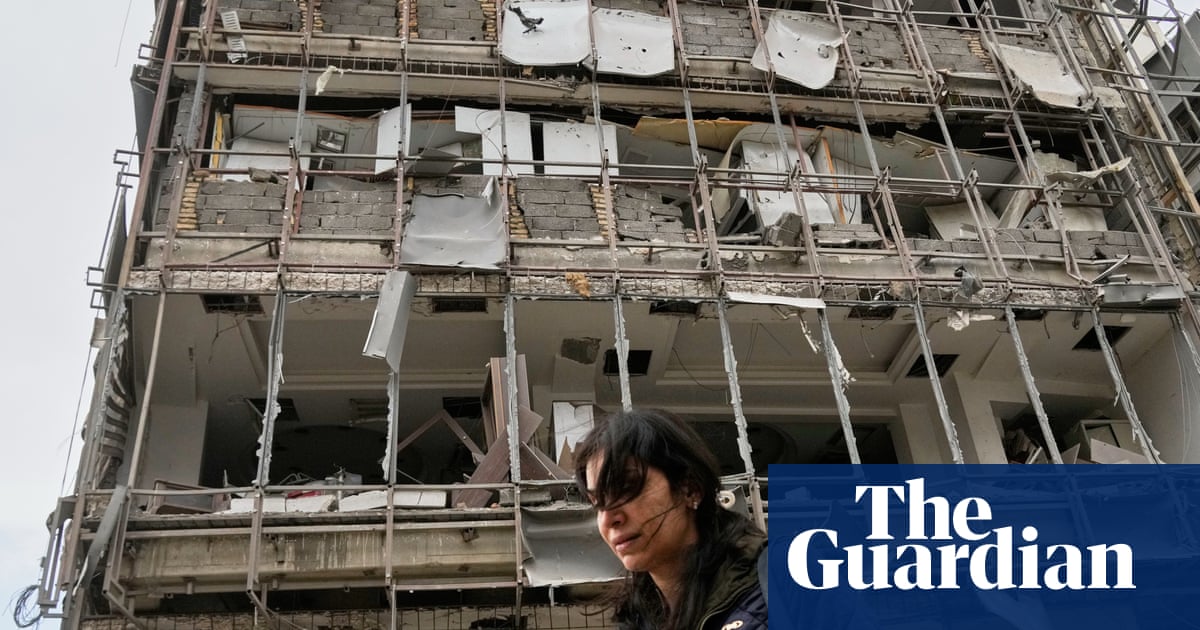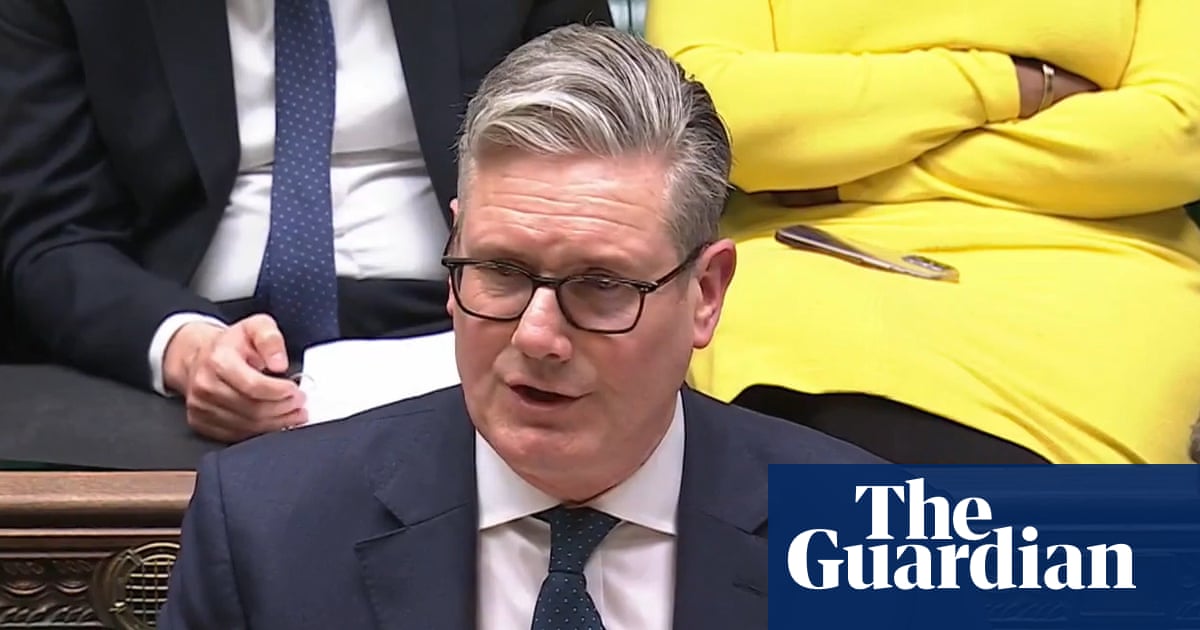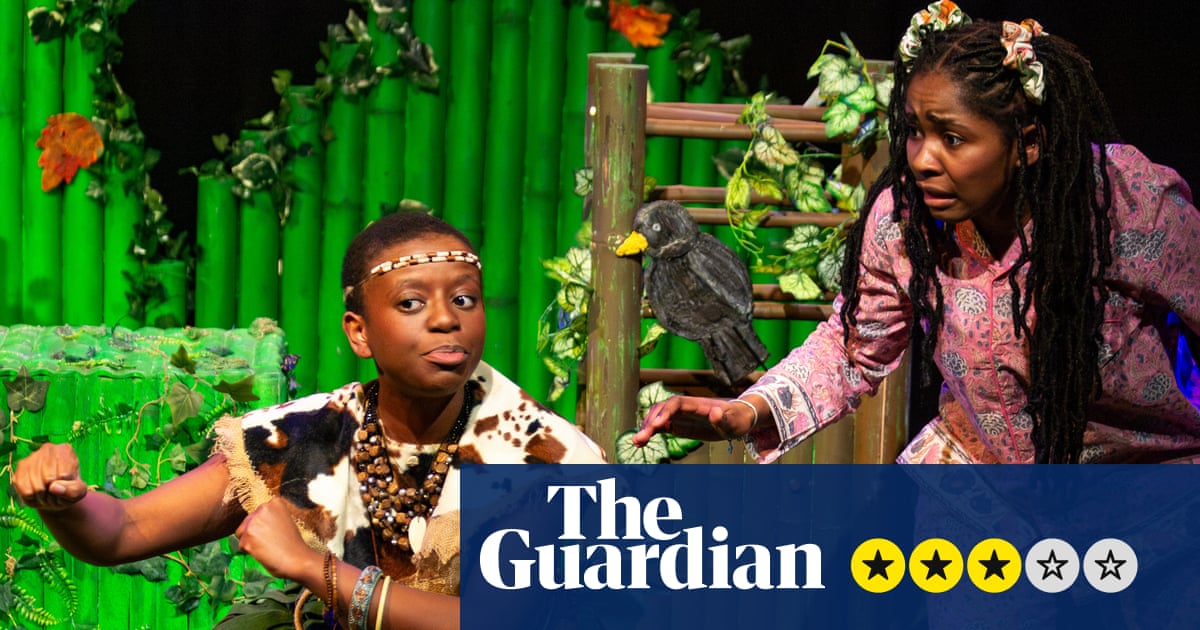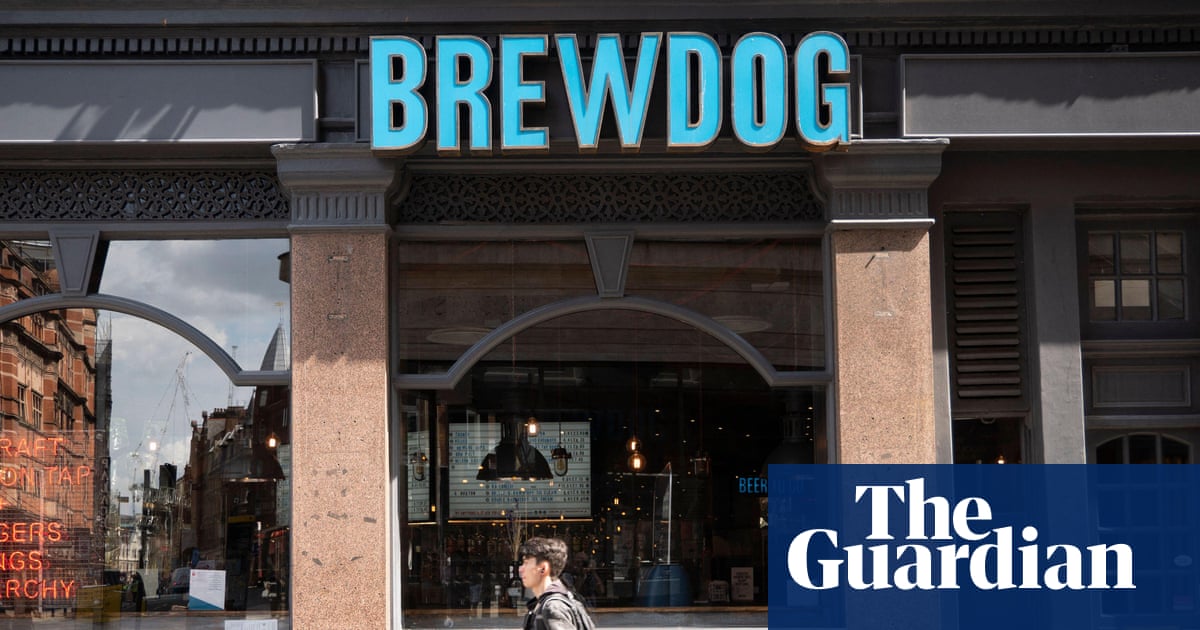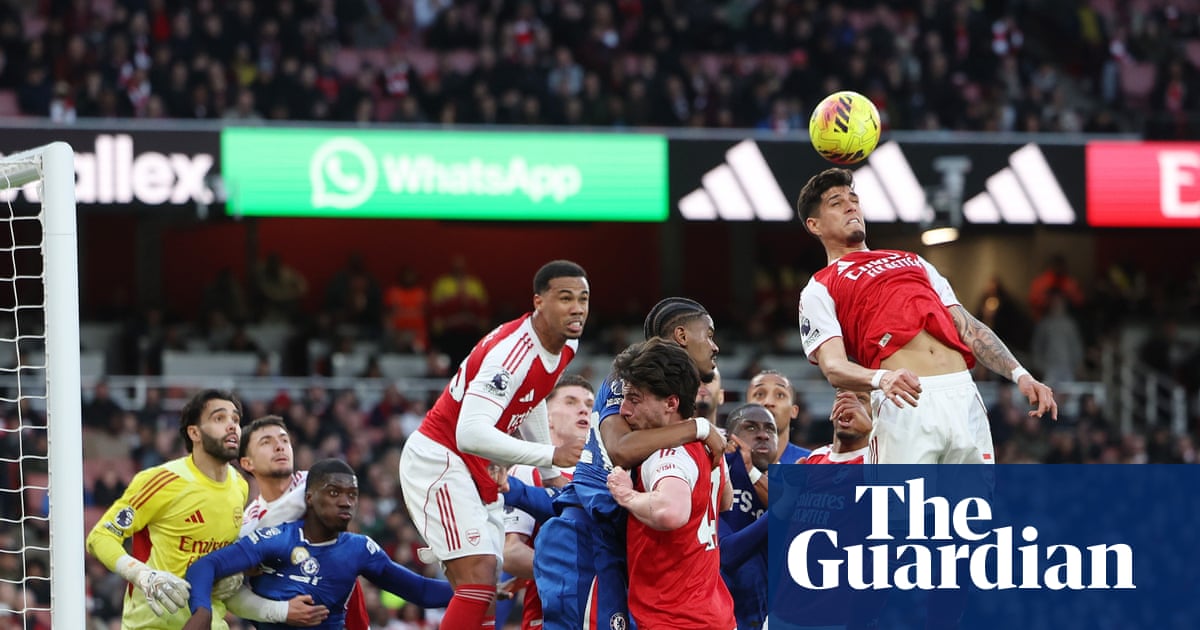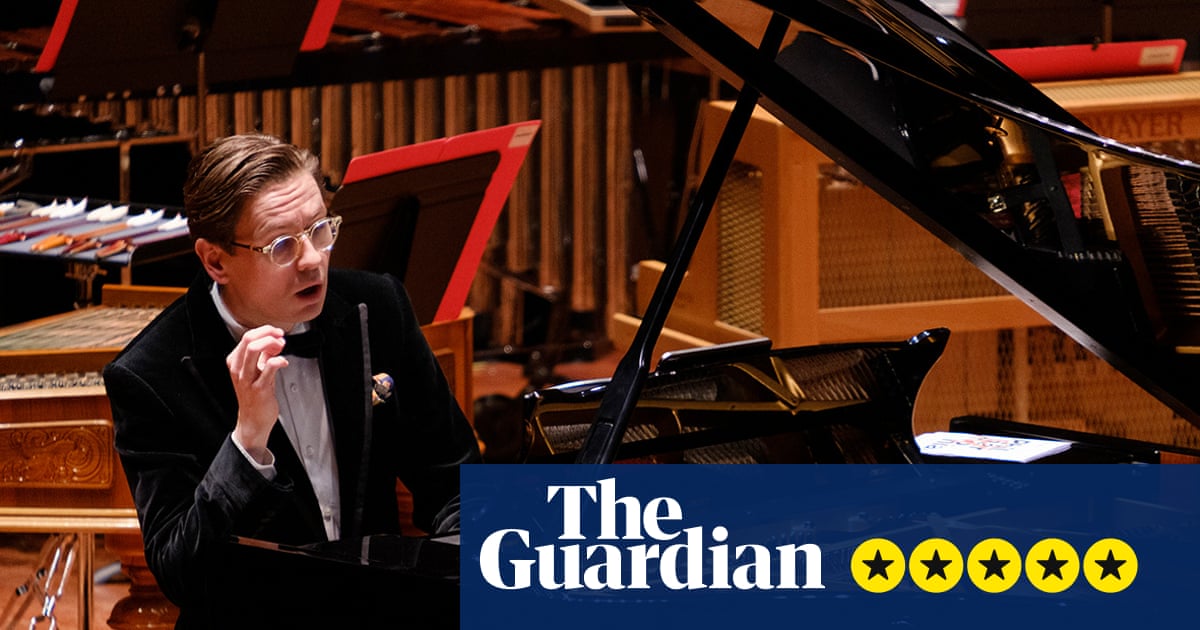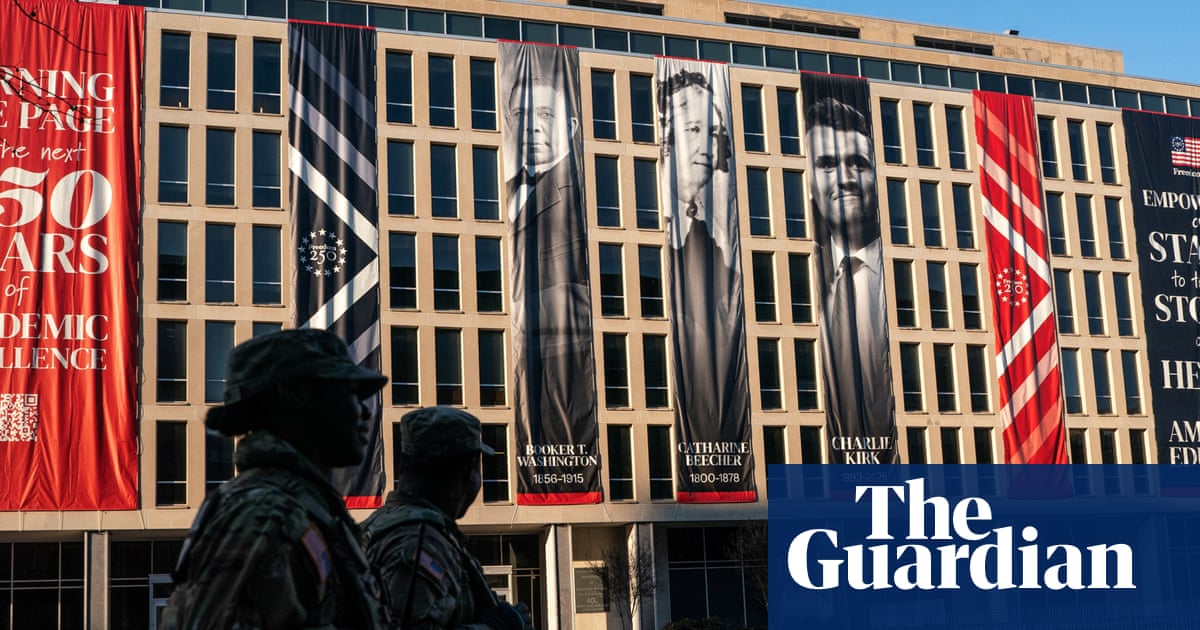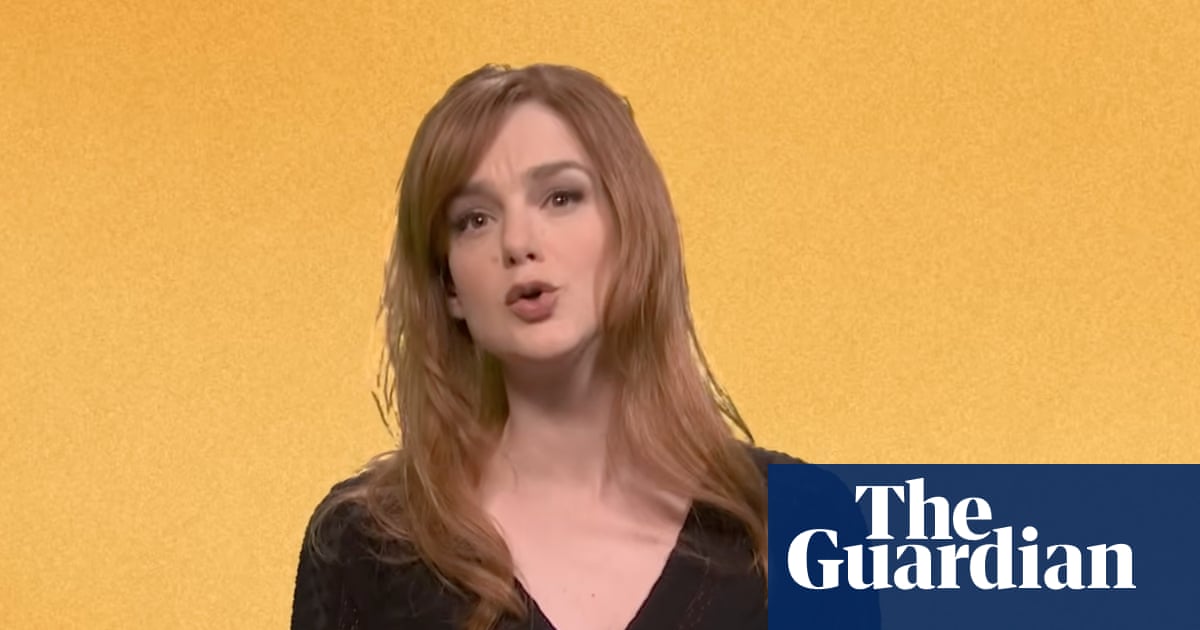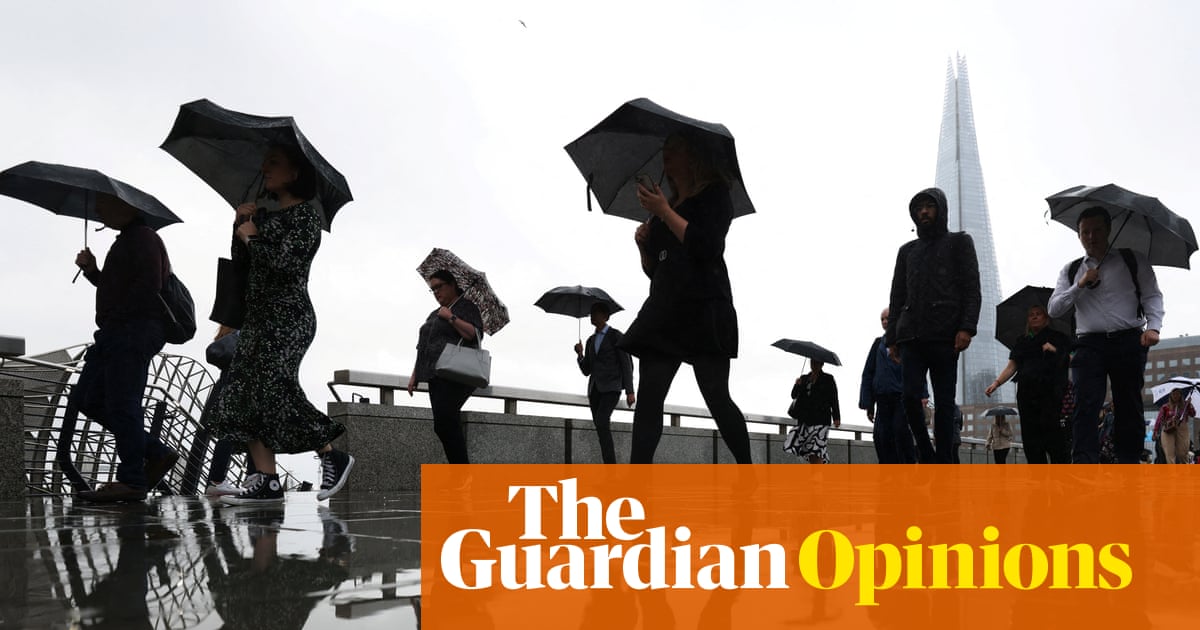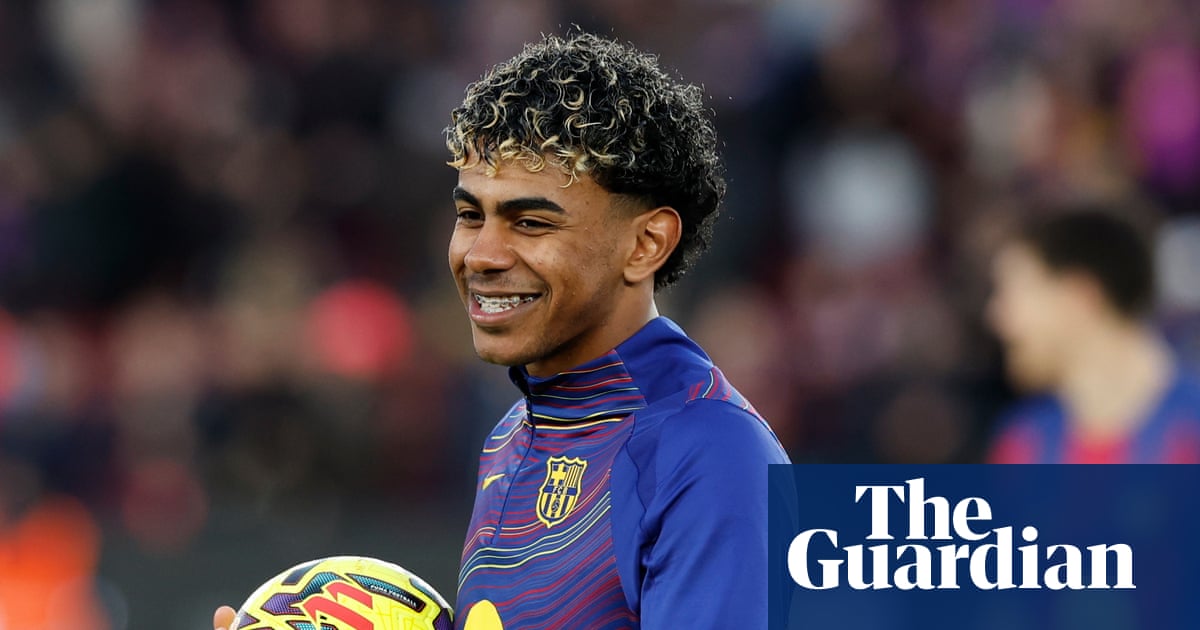Disabled actor Marissa Bode, who plays the prominent role of Nessarose Thropp in the hit film musical Wicked and its forthcoming sequel Wicked: For Good, has called for improved representation for disabled performers in the entertainment industry – and specifically an end to what activists call “cripping up” – casting non-disabled actors in disabled character roles.
“I really hope my casting sets precedent,” says Bode, adding: “It’s just navigating a world and a system that we have just not been acknowledged in as we should be.” A recent study by the Rudderman Family Foundation found that only 21% of disabled characters on US TV between 2016 and 2023 were played by disabled actors.
When she was cast in Wicked, Bode made history as the first disabled actor to play Nessarose; the character is a wheelchair user, but since the stage version premiered in 2003, only non-disabled actors had played the role. Bode is calling on casting directors to follow Wicked director Jon M Chu’s lead to use disabled actors for disabled roles, and also to cast disabled actors in other roles where the character’s physical ability is not specified.
Bode says her experience on the set of Wicked was overwhelmingly positive thanks to the presence of a disability coordinator, Chantelle Nassari, also a wheelchair user, who was tasked with ensuring accessibility on set. “That was one less thing I had to worry about and I could just go in and do the job.” Earlier in her career, Bode says that physical access barriers and a lack of willingness to modify them almost stopped her from performing on stage,“I’ve experienced a lot of inaccessibility in general throughout my life,” she says.
However, after the release of the first Wicked film in November 2024, Bode was targeted on social media. Bode responded on TikTok saying : “Not liking Nessa is OK, it’s totally fine because she’s fictional!” : She added: “Aggressive comments and jokes about Nessa’s disability itself is deeply uncomfortable because disability is not fictional, at the end of the day ... It’s not edgy, it’s not funny.”
Bode says she is preparing herself for similar backlash after the release of Wicked: For Good. “Unfortunately, I kind of do expect that [again].” Bode says she hopes that audiences will recognise the character’s motives, her longing for independence, and her desire to be loved. “I understand her deeply, and I wish other people also could see those nuances as well.”

As an indication of progress, Bode points to a key change that the film version of Wicked made to a scene in the stage musical. In the original, Elphaba casts a magic spell on her sister’s ruby slippers, enabling Nessarose to stand up from her wheelchair and walk; the scene has been widely criticised for promoting the ableist narrative that disabled people need to be fixed.
In Wicked: For Good, the scene underwent a minor change: instead of being able to walk again, Nessa’s shoes give her the ability to float, a feeling she has been wanting to relive since she fell in love in the previous film. “I feel Nessa comes off maybe a little bit more one-dimensional in the stage version,” Bode says. “That [change] is something I really appreciate … I think it just adds so much more humanisation to Nessa.”
She adds: “Disabled characters deserve to be complex and deserve to be not just one thing. It is this weird cycle of disability being portrayed as bad or society sees disability as bad, therefore it’s projected on to disabled people.”
Earlier this month, Bode received the Christopher Reeve acting award at the 2025 Media Access awards, a celebration of disability representation in the media. The honour aims to support up-and-coming disabled actors. Despite such prizes, unawareness about disability persists in the industry. “I do my best to hold a lot of empathy for those that do get it wrong,” says Bode, “We just don’t have any education surrounding disability or the type of language that is appropriate or that we should use.”
To combat this, Bode suggests that people should seek out more information surrounding disability. She credits prominent disabled figures and content creators such as Crutches and Spice, Aariana Rose Phillip, and Aubrey Smalls with inspiring her to use her voice and “just be more unapologetic about it”.
In the future, Bode wants to see more disabled people making their own art. “I think it’s important that we are telling our own stories a lot of the time,” says Bode, encouraging producers to hire and cast disabled actors, writers and crew. “There’s a great community out there.”

.png) 3 months ago
54
3 months ago
54

